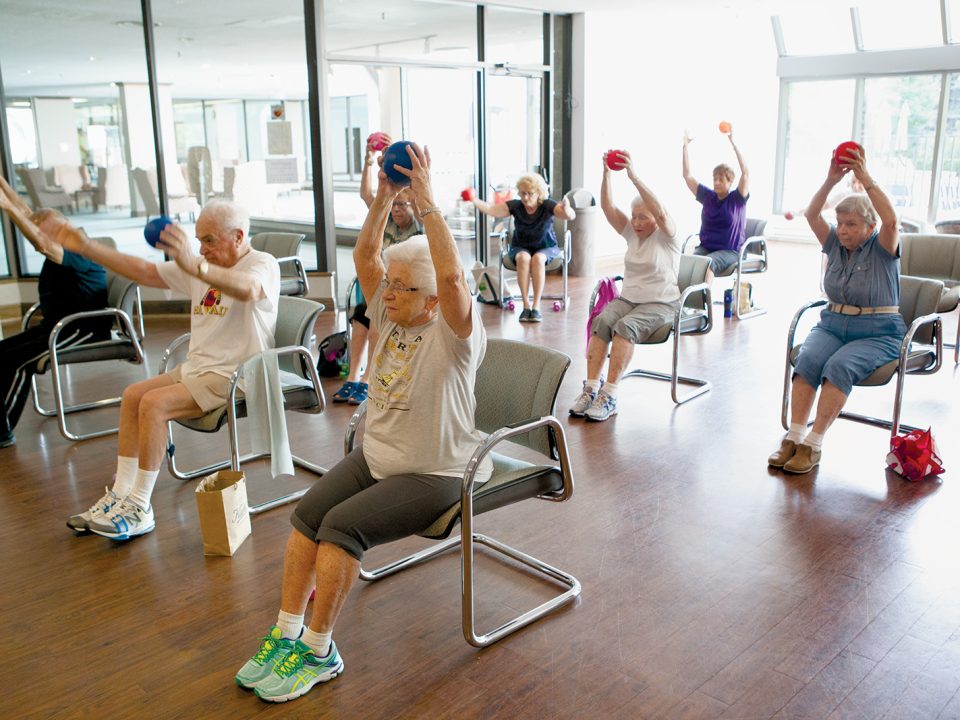Work-related stress is the most common workplace issue in Australian workplaces and the aged care industry is no different.
The sector’s workers face daily challenges in the provision of care and providers must acknowledge the issues facing their employees and provide the support systems to ensure they remain healthy.Among the challenges facing aged care providers is a difficulty attracting and retaining workers. It is estimated that the sector’s workforce will need to increase two or three fold before 2050 in order to provide care to the growing number of residents. The aged care workers themselves are also ageing, which presents its own challenge.
Based on our work with over 100 aged care organisations, covering some 2,600 employees, we have analysed the data to identify the top five workplace issues in the aged care industry. These are:
- Workplace stress
- Conflict with colleague
- Conflict with manager
- Alleged bullying
- Loss of confidence
Working with seniors can be very rewarding but can also take its toll on the health of nurses and care workers. Caring for some of the most vulnerable people in society and dealing with emotional issues such as deterioration in a resident’s health can be challenging, so it is little surprise that stress is commonly experienced among aged care nurses and care staff.
These emotional challenges, coupled with constantly having to make sure residents are taking their medication, exercising, sleeping and eating, mean that stress is the leading workplace issue in the aged care industry.
In some ways, there is a greater potential for conflict to occur in an aged care facility than in most other workplaces. Successful management of disputes is essential in maintaining a harmonious and successful working environment. Relationships with residents, their families, carers and other health professionals require careful management as do the relationships with employees and managers. Conflict between colleagues and managers is common in the aged care industry due to the high level of workplace stress experienced.
In aged care, complaints or allegations against care workers by family members, especially complaints of maltreatment or not caring properly for residents who have Alzheimer’s or dementia, are common. Organisations have procedures in place and have a responsibility to investigate these complaints. The process for staff is difficult and can lead to extreme distress and anxiety. The employee often feels they don’t have anyone to talk to due to the confidentiality requirements and can feel unsupported by the organisation or their managers.
Working with residents and families who are responding to loss and grief can be one of the most challenging times for an aged care worker. Handling this situation with confidence, skill and expertise is a fundamental need for staff in aged care. A lack of confidence may occur if care workers begin to question their ability to deliver high quality end-of-life care or ability to discuss or deal with death or dying.
Here are our top five ways for aged care workers to better handle stress:
1. Don’t take things personally
Stress can make you more sensitive and more prone to taking things personally. Stress in others can also make them behave atypically or unkindly. Learn to defuse situations rather than bottle things up and try to let go of grudges.
2. Don’t bottle it up
Talk to others and share how you are feeling, talk to colleagues, friends and family. Keeping your feelings inside and allowing them to build up can lead to more serious concerns such as anxiety, depression maybe physical symptoms, and can impact relationships with others.
3. Prioritise relaxation and exercise
These are not optional extras for handling stress, they are essential. Set aside time each day for recreation and exercise. The trick is to find what suits you. Hobbies that focus attention are also good stress relievers. Even a daily walk can help to cope with stress.
4. Identify your stress situations
Make a list of events that leave you emotionally drained and one or two ways to reduce the stress for each. Just knowing you have a plan helps with stress. Take action, any action, doing nothing contributes to stress.
5. Appreciate ourselves and others
Write down one positive characteristic of yourself and one positive characteristic of someone you regularly interact with. Stress can lead to a cycle of negative thinking; focusing on positive things helps to reduce the cycle of negative thinking.
Marcela Slepica is clinical services director with AccessEAP, a corporate psychology organisation.
This article originally featured on on October 9, 2015 in Industry, Opinion













